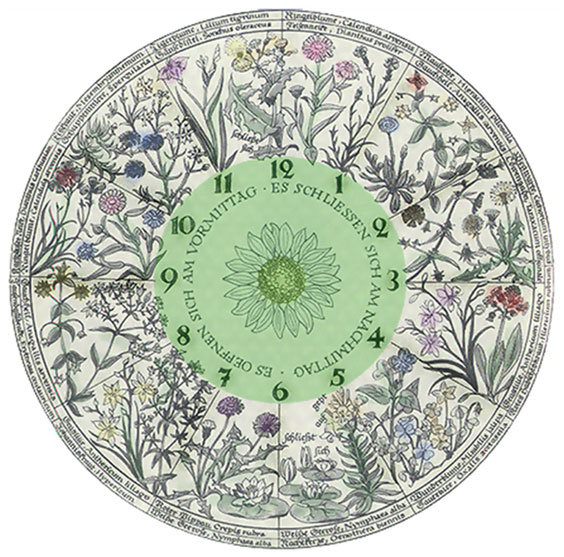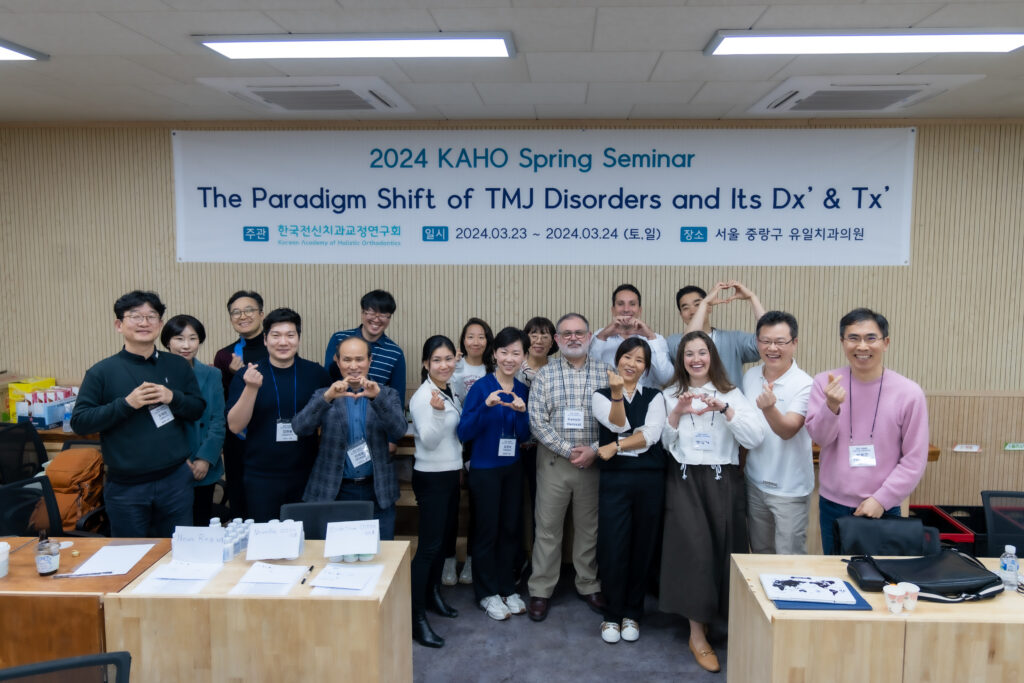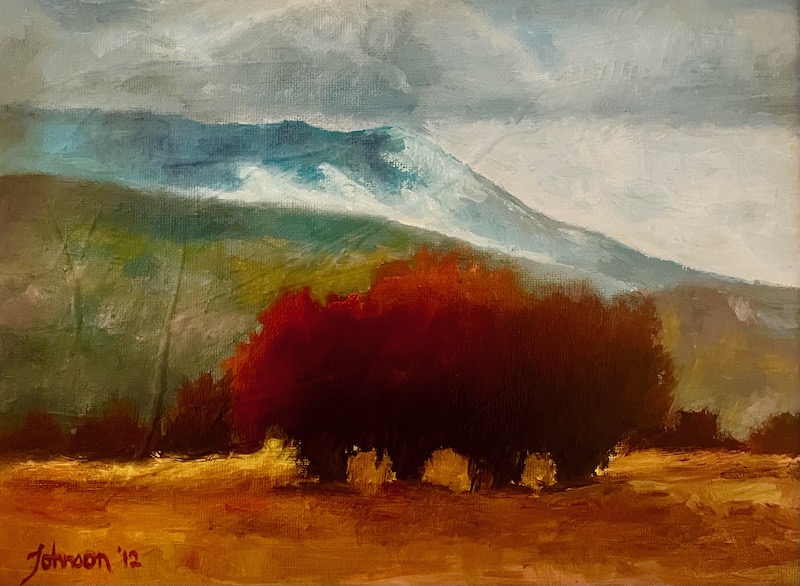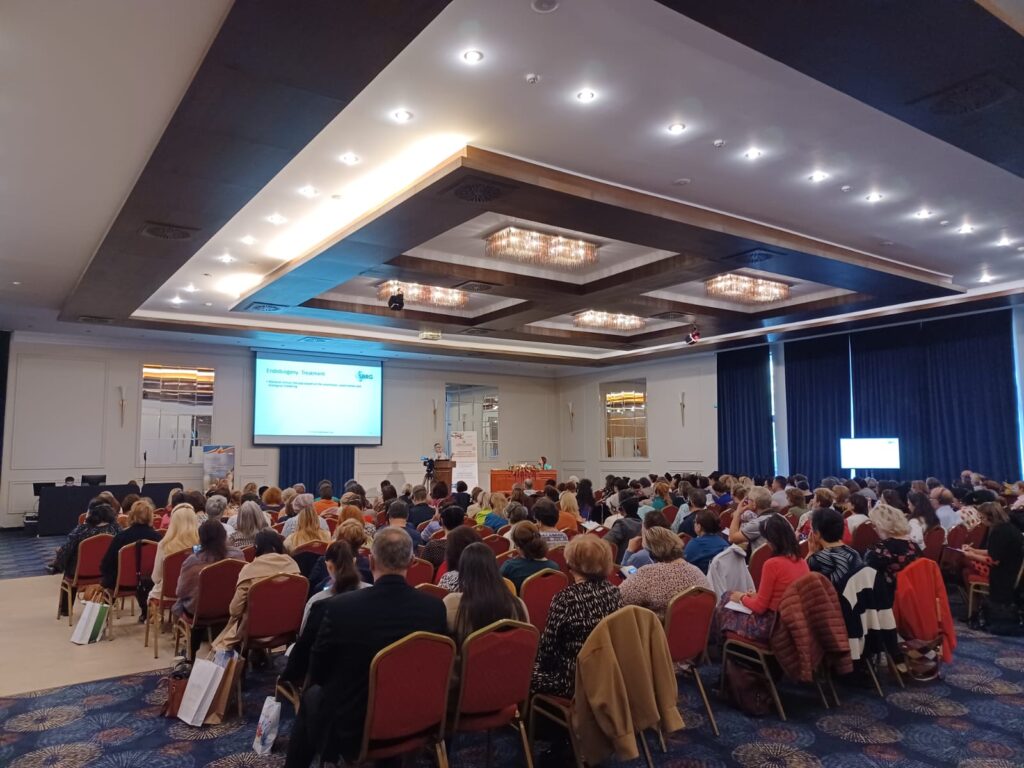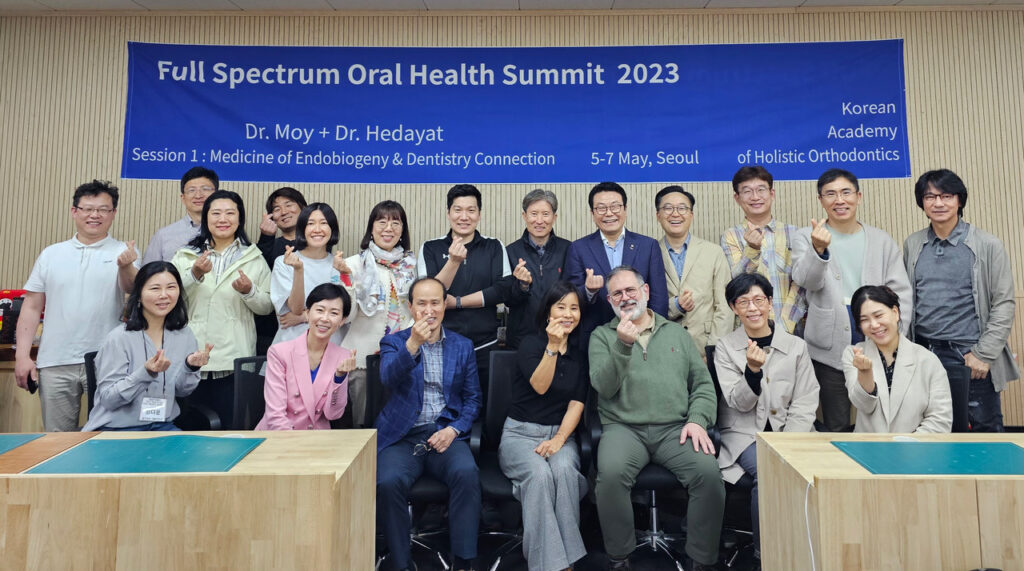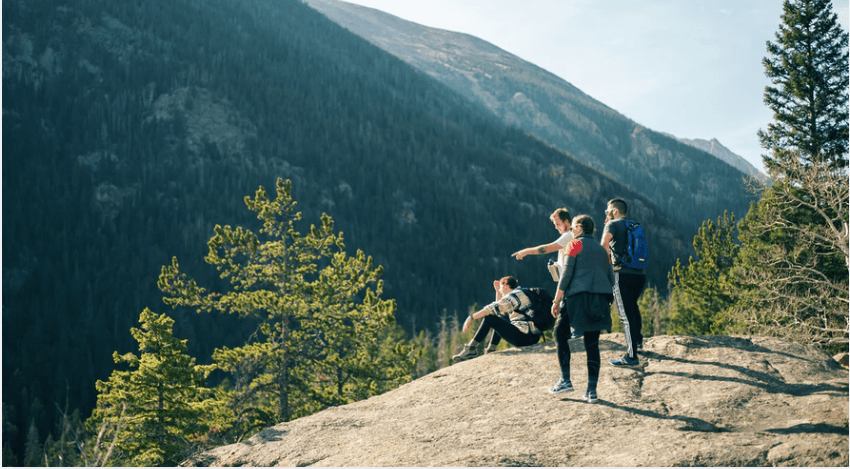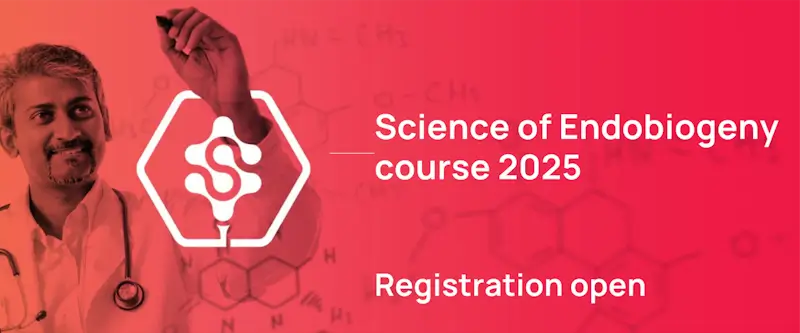
Pejman Katiraei, DO
Pediatrics and Integrative Medicine, Founder of Wholistic Kids & Families, Santa Monica, CA
I am a pediatrician with now over 12 years of experience in integrative medicine. I completed the fellowship in integrative medicine with the University of Arizona and have trained with the Institute of Functional Medicine, DAN, CEDH, and numerous other groups. While all these trainings were very helpful, none impacted the growth of me as an individual and my practice as did the fellowship in Endobiogeny. To say that the fellowship was transformative is an understatement. Dr. Hedayat and his teachings have helped me see human physiology in a way that allows me to make sense of patient complaints and conditions that were difficult, if not impossible to understand and address previously, despite my training otherwise. Thanks to the fellowship, I now have an herbal pharmacy with 120+ plants that I utilize with proficiency, and this is perhaps one of the most valuable tools at my disposal. Training in Endobiogeny was the best investment I made in my own professional development, and I am sure it will be the most invaluable contribution you make to your practice.
Read more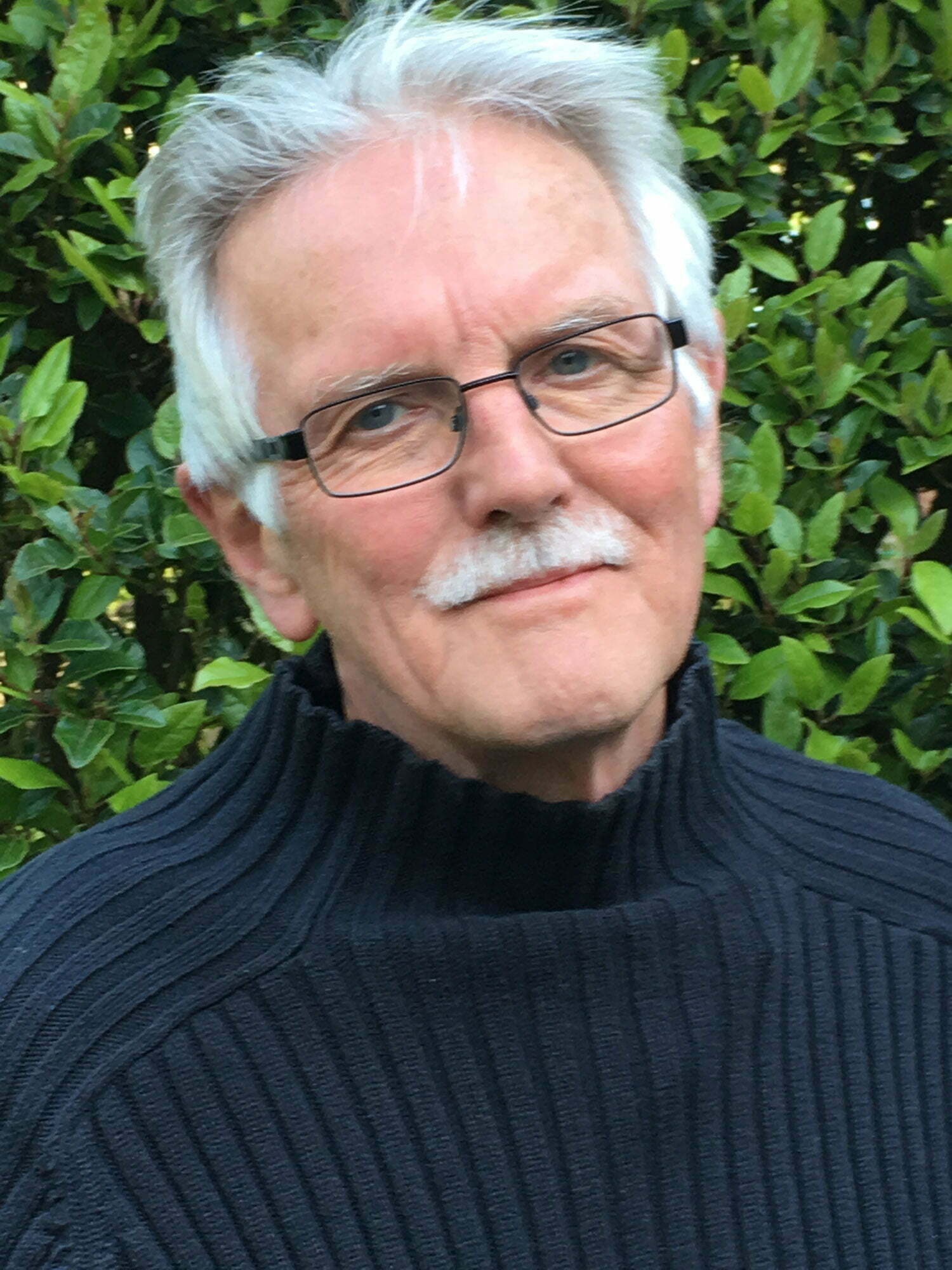
Colin Nicholls
Programme Leader BSc Herbal Medicine/ MSc/PGDip Professional Practice in Herbal Medicine School of Health and Education Middlesex University
I first heard about clinical phytotherapy – as Endobiogeny was then called – in the early 1980s, when I was living in Paris. On reading the Cahiers de phytothérapie clinique by Drs Duraffourd and Lapraz I was captivated by the new global approach that it proposed for treating patients and illness, and since then this has always been central to my own approach. After my return to the UK I undertook the in-depth training required to become a “medical herbalist” – a designation that is specifically British, but which also exists in Ireland and in countries with colonial links to the UK. “Medical herbalists” are phytotherapists who have the legal right in these countries to treat patients with medicinal plants.
Since the 1990s, people in the UK who want to enter this profession have generally followed a university programme that teaches them, together with the classical medical sciences, the pharmacological activities of plants and their traditional uses. In practice, while possessing a profound knowledge of classical phytotherapy, medical herbalists use a wide range of therapeutic methods and diagnostic techniques, but they all claim to practice “holistic or integrative medicine”, as it is termed in the United States.
Although I was passionate about the in-depth study of medicinal plants, I felt there was a disjunction between this body of knowledge and the reductionist biochemical approach that characterised medical science teaching. The new and coherent global vision of pathophysiology, as provided by Endobiogeny, seemed to offer an answer to my questions. This is why, when I became Editor of the newly launched British Journal of Phytotherapy, in the early 1990s, I got in touch with Dr Lapraz and invited him and his colleagues to contribute a number of articles on endobiogeny to the journal. Later, as lecturer in herbal medicine at Middlesex University, I invited Dr Lapraz to give a series of seminars and workshops at the university – one or two a year – for medical herbalists in the UK. On the strength of the interest aroused by this teaching, we created the Endobiogenic Medicine Society (EMS), ofwhich I am president. Over the years, a core group of practitioners has grown up around this training in Endobiogeny. They have all found that this original approach to illness has enabled them greatly to improve their results, especially in complex and difficult cases. Over the course of time, we trust that this approach will become, if not mainstream, a fundamental part of functional medicine perspectives on health and disease.

Ben Schuff, ND
Director of Naturopathy & Nutrition at BIAN, Chicago, IL
Studying endobiogeny has been invaluable to me. This system has set me on a trajectory of thinking that is holistic, systems oriented and rational. The fellowship material and supplementary discussion has deepened and strengthen my knowledge of health, disease and living systems beyond what my education in naturopathic medicine or previous experience could provide. The beauty of endobiogeny is that, because it is a theory of terrain; how life organizes and expresses itself, it is applicable and scalable to multiple styles of medicine, modalities, and levels of investigation. Studying endobiogeny is not a static experience but one that is dynamic, changing with newly discovered context and seeing how the new pattern connects relatively. I would wholeheartedly recommend training in endobiogeny to all types of health practitioners, emphasizing that the foundation of it will not contradict current practice or previous knowledge, but it will bring a fresh perspective from which lifelong learning can start anew.
Read more
Adam Johnson, MD
The Linné Institute of Medicine Medical Director Jackson Hole, Wyoming
As an emergency medicine for over 15 years, I am poignantly aware of the limitations of both understanding and therapeutics within the classical medical toolbox. At the same time, I have watched in perplexed dismay at how poorly we (and I include myself in this) have blundered through patient care, even though most of us are well-intending.
One evening on a busy shift in the emergency department, this realization struck me between the eyes with as much force as if I had walked into a door in the dark of night on my way to the toilet. You know the experience—the door is opened so that passes long-ways and unnoticed between your reaching arms, and then… wham, what the HELL! That’s how I felt. Here is the story:
A 66-year-old man was evacuated from a remote elk hunting camp by search and rescue volunteers and brought to me (the closest hospital) because he was too weak to stand. Otherwise, he had no other symptoms. He said he had fainted over 6 time in as many hours. Quick assessment: normal vitals. EKG on arrival: U waves and mild ST depressions. Within seconds I knew this man had critically low potassium. Blood tests confirmed my suspensions, and appropriate interventions were made. His potassium was so low that his syncopal events were certainly the result of near-fatal dysrhythmias.
The question was why? In this case, he was on a high dose diuretic—literally pissing his potassium away. Why was he on a high dose diuretic? Because since he started getting testosterone injections, his blood pressure was inadequately treated with his other antihypertensive. Why was he getting testosterone injections? Because the beta-blocker that he as taking for his hypertension was giving him erectile dysfunction and low libido. Why was he on a beta-blocker? According to the patient, he had always been a “hot-tempered” man with a “short-fuse” and was always high strung. He said that as long as he could remember he was “high stress” and he figured that was why he had high blood pressure. Ya think?
Wouldn’t it be clever to be able to understand the physiology behind anger, high stress, and the downstream effect on blood pressure? Wouldn’t it be clever to fix that issue so that this patient never would need a beta-blocker to give him erectile dysfunction, so that he didn’t feel like he needed testosterone injections which only exacerbated his hypertension and gave him testosterone levels higher than most 18-year-olds? Wouldn’t it have been nice if this man could have stayed in at hunting camp and harvested a nice bull elk—an experience he had paid tens of thousands of dollars to do?
Endobiogenic medicine is the quintessence of holistic medicine and clinical physiology. It allows the physician to not only answer the deeper questions, but also to address the answers in a way that honors our fundamental humanity. It is a medical discipline that combines modern advances in human physiology with mathematical modeling and the rational application of medicinal plants and other natural therapies. Endobiogeny offers a both powerful theoretical framework as well as practical guide for understanding and supporting health, sickness, and Life on the deepest, most complex, and most awe-inspiring levels. Endobiogeny has forever charged my medical worldview. Prior to studying endobiogeny, I had been playing in the kiddy pool. With Endobiogeny, I’m now swimming in the ocean.

Madhu Rajaram, MD
Battery Park Pediatrics & Ocean Parkway Pediatrics, New York, NY
I took the Fellowship course in Endobiogeny from 2014 to 2016. Having experience as a pediatrician for almost 20 years has given me an abundant source of insight on medicine and has allowed me to question many recurrent issues affecting an individual’s health. For example, from what does common nasal congestion stem from? And how can I, being a physician, approach and tackle such a problem? Working in the field I have been in for this long, has allowed me to propose such queries and attempt to find new solutions.
I completed a course as a Certified Ayurvedic Wellness Practitioner in 2010 but struggled to bring this acquired wisdom into my 21st century practice effectively. The 2014-2016 Fellowship in Endobiogeny was eye opener to say the least. In physiological terms that we can easily follow, Dr Kamyar Hedayat brilliantly unveiled to us a whole new dimension of understanding. It completely revolutionized the way I approach patient care, and now I can confidently address so many medical problems from a completely different angle.
I would highly recommend training in Endobiogeny to any doctor out there who is a lifelong seeker. This is Integrative Medicine at its best, with the aim being to alleviate patient suffering in the safest possible way, as in the Hippocratic oath we all took “First do no harm“.
Be warned, every step in Endobiogeny will definitely leave you thirsting for MORE!!!

Professor Nijole Savickiene
President of Lithuanian Association of Endobiogeny and Integral Physiology
In recent years, more and more physicians and scientists in various fields have started to use the endobiogenic approach in addition to their usual practice. In Lithuania, Endobiogeny came with the book “Individualized Medicine” by the French physician Jean-Claud Lapraz, and established itself with lectures and practical trainings of our teacher President and co-founder of ASEMIP (American Society of Endobiogenic Medicine and Integrative Physiology) Kamyar Hedayat. Kamyar initiated the clinical investigations with the Endobiogenic approach in Lithuanian university of health sciences.
When studying medical sciences, we divide all subjects separately, say – physiology, anatomy, pathological anatomy, pharmacology and so on. Each specialist delves into their field, such as cardiology, endocrinology, and so on. It is a peculiarity of Endobiogeny that we, having broken down, delved into and analyzed those things in detail down to the molecular level, down to the cellular level, have to put everything back together into a whole, to understand the individualized adaptation mechanism of each person. First of all, this method intrigued me because of a different, much broader, not just symptomatic approach to Phytotherapy. If it were my will, I would suggest that the creators of Endobiogeny be awarded the Nobel Prize.

Mona Moy, DDS
Holistic Dental Medicine and Pediatric Dentistry, Oakland, CA
I am a Dentist with over 30 years of experience. I was one of two dentists in the Fellowship Program.
Encountering Endobiogeny Fellowship Training in 2014 was a blessing for my clinical and personal growth. From the very beginning of the course, it opened my eyes and heart into the new world of a true holistic systems approach to medicine.
Dentistry is an integral part of Medicine. However, we tend to have a narrow focus. I believe that it is also common in today’s specialty-driven medical practices; we are too busy to look at a tree and often ignoring the entire forest and the terrain. I have completed many years of training including Orthodontics and Pain in the Maxillofacial region, cranial osteopathy, and alternative orthodontics. What I realized was the lack of understanding and education on how the whole system works; structure and physiology. When I started the fellowship with the brilliant teachings of Dr. Hedayat, I was able to understand how all these are connected. Through the lens of Endobiogeny, I was able to understand the complaints and the disease patterns of the patients as well as providing a congruent treatment far beyond the mechanical modalities. Endobiogeny has been applicable to what I do in dentistry every day.
Training in Endobiogeny deepened the knowledge of Medicine and significantly improved the health of myself and my family as well as the patients. I would highly recommend this program to any healthcare practitioners including Dentists as a rare opportunity to learn the fundamental knowledge of human physiology and Integrated systems biology. The personalized medicine is on the rise, I believe that from the knowledge of Endobiogeny we can truly treat each patient as a unique human being.
My words cannot accurately describe the gratitude for these teachings and I encourage every doctor who is interested in ” Holistic” care to take this wonderful journey for the better health of our patients.

